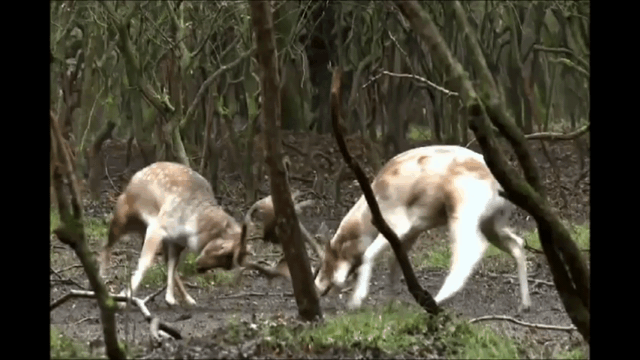_Simon_
Senior Master
Something just occurred to me in another flash...
I see often many practitioners attempting to return to the 'roots' of their martial art, in an attempt to understand it better.
But I wonder if this is really necessary.
People often consider the 'root' of their martial art to be solely time-based. What they did 'back then', and in looking solely at the origin of the art.
To me, I find more richness in looking at the evolution as a whole, and delving into the aspects that actually speak to you.
Karate for example mainly originated in Okinawa (as in the main development and creation of the specific art of karate, not going back further). Many state that the root of Okinawan karate was/is self defence. And as it entered Japan it underwent a bit of a transformation, or redirection of focus. Sure they aimed to teach it and reach more people, but there was a direction of perfection of character through perfection of technique. A more personal, spiritual direction which focused not only on defending oneself physically, but learning to defend oneself WITHIN oneself. Finding the use of karate as a vehicle towards self-development and inner harmony grew as a need for that time. Then of course the movement towards competition and sports karate grew too.
Just as the practice of Zen started in India with Boddhidharma, then grew in China, and blossomed in Japan, each stage served a different purpose or emphasis. It evolved naturally through understanding, and each had its place.
Just because something happened a long time ago in the chain of events, doesn't mean that where to find the gold you're looking for in it. That may not be the reason you are drawn to it. Look along the pathway of how it's evolved as a whole, and go beyond the linear stages, and in believing one stage is more important or valuable than another.
Do we need to return to the 'root' of civilisation to gain greater depth and meaning? If so, we could go back to the Neanderthals and earlier, and purely just their focus on surviving for our lives and continuance, then use that to justify our focus in life. I don't see purpose as linear, but being born out of understanding and experience.
I would say to honour the emphasis which grabs you, and not feel the need to conform to what others may say is the sole only reason for doing something.
Am saying this as much to myself haha. Just some ramblings and nothing definitive, take it with a grain of salt if you'd like
I see often many practitioners attempting to return to the 'roots' of their martial art, in an attempt to understand it better.
But I wonder if this is really necessary.
People often consider the 'root' of their martial art to be solely time-based. What they did 'back then', and in looking solely at the origin of the art.
To me, I find more richness in looking at the evolution as a whole, and delving into the aspects that actually speak to you.
Karate for example mainly originated in Okinawa (as in the main development and creation of the specific art of karate, not going back further). Many state that the root of Okinawan karate was/is self defence. And as it entered Japan it underwent a bit of a transformation, or redirection of focus. Sure they aimed to teach it and reach more people, but there was a direction of perfection of character through perfection of technique. A more personal, spiritual direction which focused not only on defending oneself physically, but learning to defend oneself WITHIN oneself. Finding the use of karate as a vehicle towards self-development and inner harmony grew as a need for that time. Then of course the movement towards competition and sports karate grew too.
Just as the practice of Zen started in India with Boddhidharma, then grew in China, and blossomed in Japan, each stage served a different purpose or emphasis. It evolved naturally through understanding, and each had its place.
Just because something happened a long time ago in the chain of events, doesn't mean that where to find the gold you're looking for in it. That may not be the reason you are drawn to it. Look along the pathway of how it's evolved as a whole, and go beyond the linear stages, and in believing one stage is more important or valuable than another.
Do we need to return to the 'root' of civilisation to gain greater depth and meaning? If so, we could go back to the Neanderthals and earlier, and purely just their focus on surviving for our lives and continuance, then use that to justify our focus in life. I don't see purpose as linear, but being born out of understanding and experience.
I would say to honour the emphasis which grabs you, and not feel the need to conform to what others may say is the sole only reason for doing something.
Am saying this as much to myself haha. Just some ramblings and nothing definitive, take it with a grain of salt if you'd like


